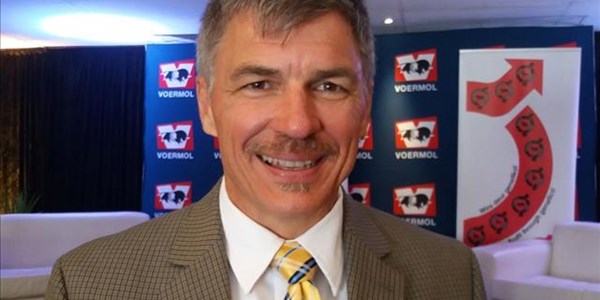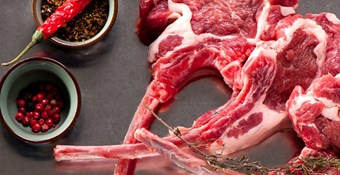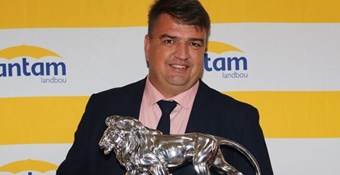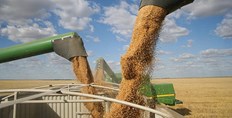Agriculture
Bigger not always better, US professor tells breeders─── SABRINA DEAN 14:00 Thu, 05 May 2016

Bloemfontein - Bigger is not always better when it comes to livestock, according to US breeding expert Prof. Darrh Bullock.
He shared this opinion during the SA Stud Book Elite Breeding Symposium in Bloemfontein this week.
Bullock, a Professor from Kentucky University, spoke on the topic of maximising profit through better use of mating systems. He urged South African stud breeders to learn from the mistakes that have been made in other parts of the world.
“I think that in the US we’ve actually gone a bit too far on the size of our cattle. We’ve actually done a better job of moderating it back some and now we seem to be on the kick of getting a lot of milk in our cattle.”
He says it is important to remember that the bigger the animal, the more it needs to eat.
“You have to take care of the animal. So if the cattle are not getting enough nutrition to meet those production requirements they don’t reproduce. And we have to have them reproducing.”
Bullock addressed stud breeders on the value of cross-breeding in improving profitability. He says by crossing two to three breeds that suit your specific needs and environment, it is possible to improve the average production and traits you are breeding for.
Meanwhile Lise Sandenberg, a scientist with the Western Cape Department of Agriculture, says good progress is being made with genomic profiling of sheep breeds in South Africa. She says there are several benefits to using genomics in stud breeding.
“The first benefit of genomics is that it will increase the accuracy of our traditional Estimated Breeding Values (EBVs). Then if we can also accurately predict it, using DNA, it means we can also predict it earlier in an animal’s life.
“This means the rate of genetic gain increases and it means that less selection candidates need to be kept. So all in all it boils down to more efficiency and a higher profit margin.”
Sabrina Dean/OFM News
Darrh Bullock – breeding too big:
Darrh Bullock – nutritional needs:
Lise Sandenberg – genomics:













